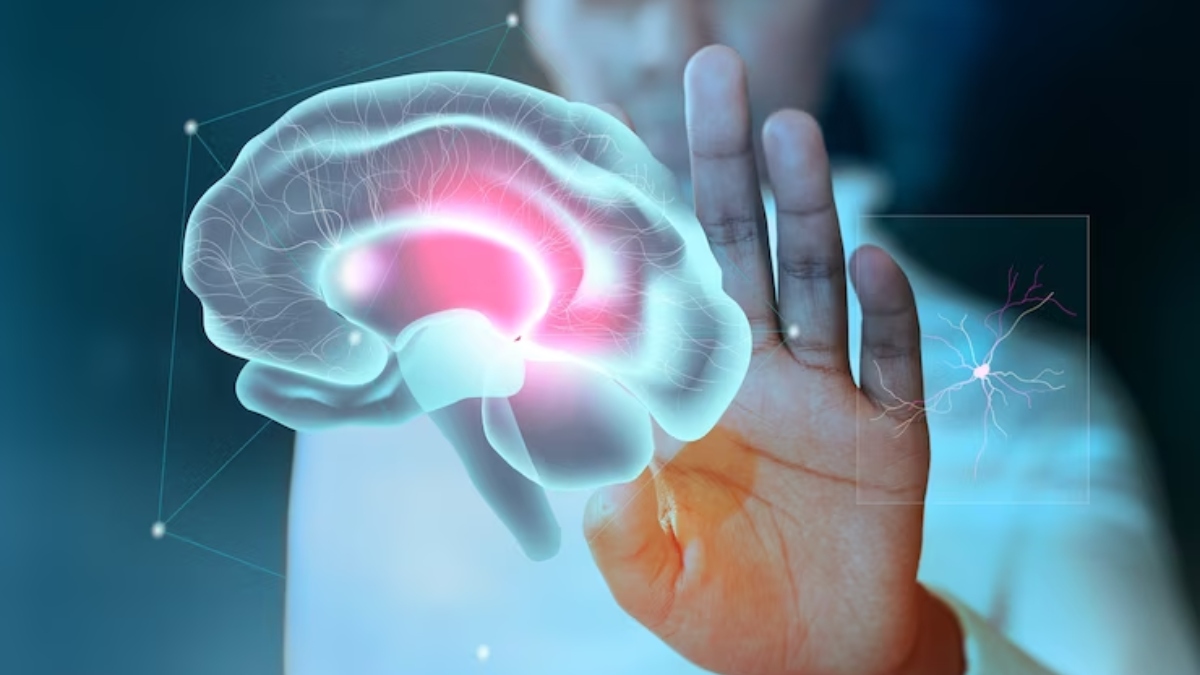World Brain Tumor Day 2023: Exercises can boost recovery processes in patients who have undergone brain tumor surgery. It can help recovery by improving physical strength, coordination, and balance. They can work by enhancing cognitive function, memory, and attention. Exercise also promotes overall well-being, reduces fatigue and weakness, and supports emotional resilience.
Tumors occur due to the abnormal growth of cells that rapidly multiply and hinder the normal growth of other cells. It has been seen that the prevalence of brain tumors in India is about 5 to 10 out of every 100,000 individuals. These can occur in people across all ages and may manifest with symptoms like confusion, memory difficulties, seizures, fatigue and weakness of arm/leg.
The treatment of a brain tumor encompasses surgery, radiation therapy, and chemotherapy. Post-treatment the patient is guided to take complete rest and take medications on time to recovery but adding a suitable exercise regimen can work wonders for faster recovery and brain health.
Patients recovering from brain tumor surgery can engage in various physical activities to aid in their recovery process:
Dual-task training: This involves performing cognitive tasks simultaneously with physical exercises. It challenges the brain to multitask, improving cognitive function and coordination. Examples include walking while counting backward or playing a musical instrument while moving.
Visual exercises: These exercises aim to enhance visual processing and eye-hand coordination. Activities like tracking moving objects, focusing on different visual stimuli, or using specialized vision therapy techniques can be helpful.
Cognitive exercises: Mental stimulation activities like puzzles, word games, and memory exercises can help enhance cognitive function, memory, and attention.
Occupational therapy: This focuses on improving daily living skills and fine motor skills through exercises tailored to individual needs, such as writing, typing, or using utensils.
Speech therapy: For those who experience speech or communication difficulties, speech therapy exercises can help regain language skills, improve articulation, and enhance swallowing abilities.
Most of these exercises are safe and can be done at home. But it is important to stay connected with a healthcare expert who can aid with the recovery process and check whether the exercises are being done within safe measures. Healthcare experts can also help with exercise routines that are suitable based on the individual’s specific condition.
(This article is attributed to Dr. Jaskaran Singh, Senior Consultant Neurosurgery, Manipal Hospital Patiala)
(Disclaimer: The opinions expressed in this article are those of the author. They do not reflect the views of India TV)

